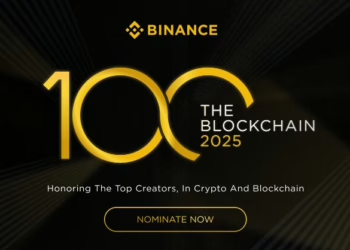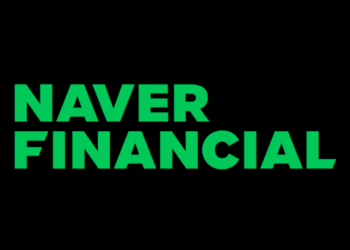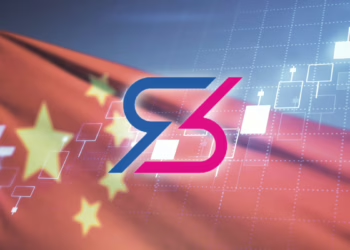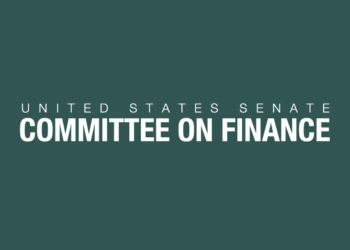Quick Breakdown
- Anchorage Digital now supports custody and staking for Starknet’s STRK, offering a 7.28% APR.
- Starknet staking is part of its decentralization plan, making STRK a competitive yield option.
- Institutional adoption of staking continues to expand globally, from Ethereum to Solana.
Anchorage Expands STRK Services
Anchorage Digital, the first federally chartered crypto bank in the United States, has rolled out custody and staking support for Starknet’s native token, STRK. The move is aimed at meeting institutional demand for yield-generating opportunities in digital assets.
The bank revealed on Wednesday that staked STRK currently offers an annual percentage rate (APR) of 7.28%. Anchorage has been providing custody services for STRK since January, but with this new staking option, it is enhancing the token’s utility for investors.
Now live on the Anchorage Digital platform: STRK staking
Anchorage Digital Bank is the first qualified custodian to support STRK custody and staking.
You can now stake STRK, collect rewards, and help strengthen the @Starknet network. pic.twitter.com/D3LXVFedUc
— Anchorage Digital ⚓ Ventures is Live (@Anchorage) September 3, 2025
“Anchorage Digital has a long-standing relationship with Starknet and now is opening the door to institutional custody and staking of STRK,”
the company said.
Starknet’s Road to Decentralization
Starknet, an Ethereum layer-2 scaling solution powered by zero-knowledge proofs, introduced staking earlier this year as part of its decentralization roadmap. The staking feature enables STRK holders to help secure the network while earning rewards, positioning it as a competitive yield product against traditional financial assets.
US Treasurys currently yield between 4.0% and 4.5%, but with markets predicting a 94% chance of a rate cut in September, shrinking returns could make crypto staking increasingly attractive.
Institutional Staking Momentum
Anchorage’s latest offering reflects a wider institutional shift towards staking. While major US banks such as JPMorgan and BNY Mellon have largely focused on tokenization, staking has become one of the fastest-growing products in digital finance, often tied to the rising demand for Ether treasury funds.
The trend is not isolated. In September, Ethereum’s staking entry queue reached its highest level since the 2023 Shanghai upgrade, with over 860,000 ETH worth about $3.7 billion awaiting activation.
Global institutions are also embracing staking. A coalition of major players in the Solana ecosystem, including Jito Labs, VanEck, Bitwise, the Solana Foundation-backed Policy Institute, and Multicoin Capital, formally appealed to the U.S. Securities and Exchange Commission (SEC) to permit liquid staking for Solana-based exchange-traded products (ETPs).
If you would like to read more articles like this, visit DeFi Planet and follow us on Twitter, LinkedIn, Facebook, Instagram, and CoinMarketCap Community.
Take control of your crypto portfolio with MARKETS PRO, DeFi Planet’s suite of analytics tools.”





















